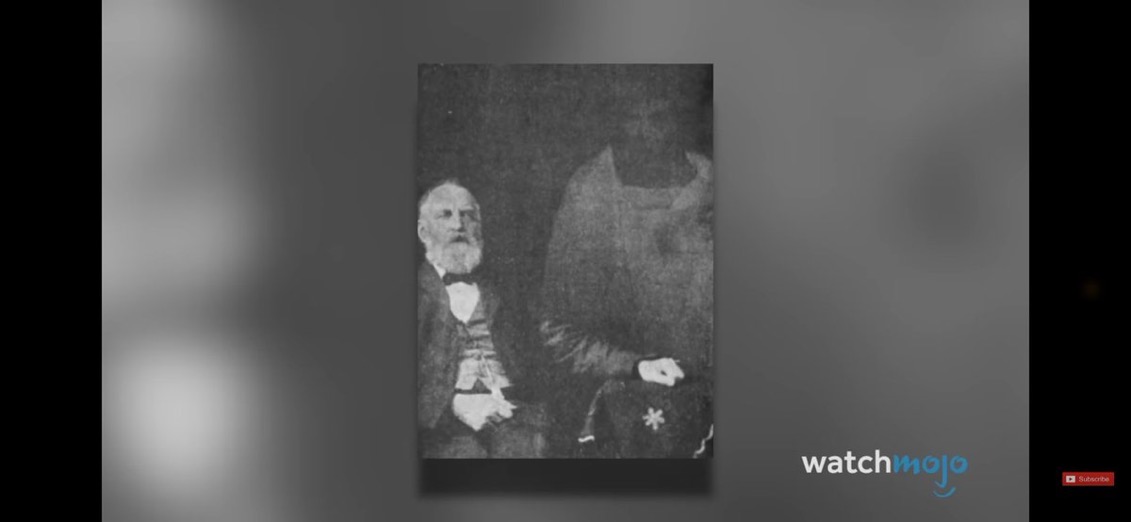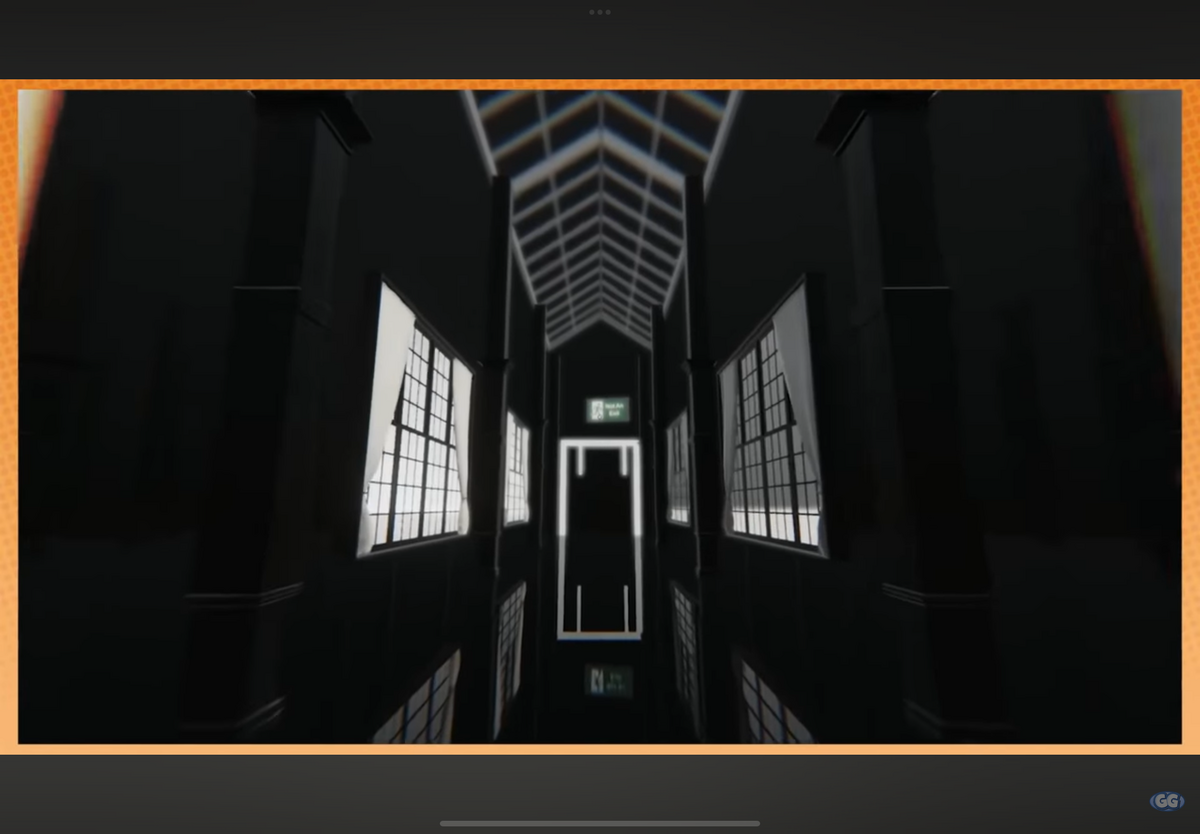Portugal election: Ruling AD ahead but short of majority
Portugal's ruling Democratic Alliance (AD) won the most seats in Sunday's general election but again fell short of a ruling parliamentary majority, while support for the far-right Chega party rose, near complete official results showed. There are just four seats left to assign in Portugal's 230-seat parliament.
The AD took 32.7% of the vote, which would leave it short of the 42% required for an outright majority. The Socialist Party secured a 23.4% share of the vote, with the far-right Chega garnering 22.6%.
The AD secured 29% of the vote in the last election in 2024, but that minority government collapsed this year.
AD leader and acting prime minister Luis Montenegro has ruled out making any deal with Chega to form a coalition government.
The pro-business Liberal Initiative (IL) was poised to take between 4% and 8%.
The AD will likely have to forge deals with smaller parties in order to secure a majority of at least 116 seats in Portugal's 230-seat parliament.
A second consecutive minority government would dent hopes that this latest election could bring stability to Portugal, which is seeing the worst period of political turmoil in decades.
This is the third election in Portugal in as many years.
Sunday's ballot was called just one year into the center-right minority government's term after Montenegro failed to win a vote of confidence in parliament in March.
The confidence vote was proposed by Montenegro when the opposition questioned his integrity over the dealings of his family's consultancy firm.
Montenegro has denied any wrongdoing, and most opinion polls showed voters dismissing the opposition's criticism.

The far-right Chega party, which Montenegro refuses to deal with, is slated to over-perform the 18% of the vote it was predicted to win ahead of the election.
Exit polls suggest the last-minute health problems its leader Andre Ventura has suffered have not impacted its results.
After undergoing hospital treatment twice in the past week due to an esophageal spasm, he made a surprise appearance at his party's final event on Friday.
In the last election, Chega raised its seats in parliament from 12 to 50, owing much of its popularity to its demands for a tighter immigration policy.
This year's election has been dominated by issues such as housing and immigration. The vote follows a decade of fragile governments, only one of which has had a parliamentary majority but still collapsed halfway through its term.
Portugal has witnessed a steep rise in immigration. Fewer than 500,000 legal immigrants in the country in 2018, according to government statistics. However, by early this year, there were more than 1.5 million, many of them Brazilians and Asians working in tourism and farming.
Thousands more are undocumented, and the outgoing government announced two weeks before the election it was expelling some 18,000 foreigners living in the country unauthorized.
Similarly, a housing crisis has seen house prices and rents soaring for the past 10 years, partly due to an influx of white-collar foreigners who have driven up prices.
House prices jumped another 9% last year, the National Statistics Institute, a government body, said. Rents in and around the capital Lisbon, where some 1.5 million people live, saw the steepest rise in 30 years, climbing more than 7% last year, the institute said.
The problem is compounded by Portugal being one of Western Europe's poorest countries. The average monthly salary last year was around €1,200 ($1,340) before tax, according to the statistics agency. The government-set minimum wage this year is €870 ($974) a month before tax.
Edited by: Rana Taha












